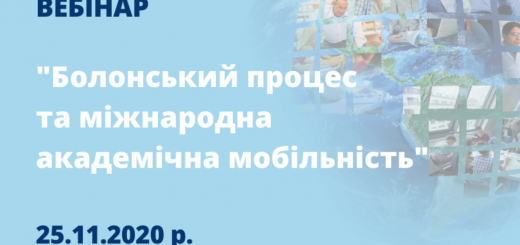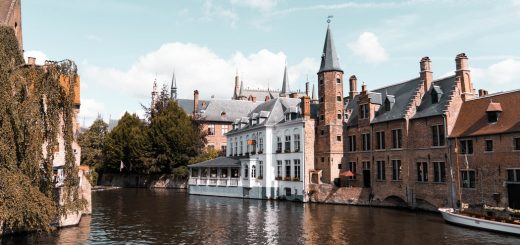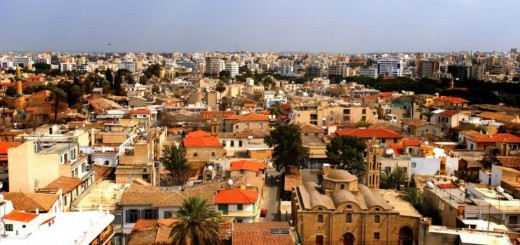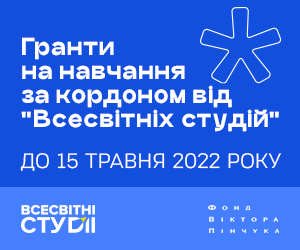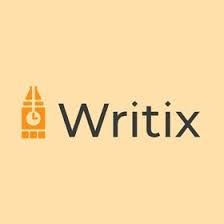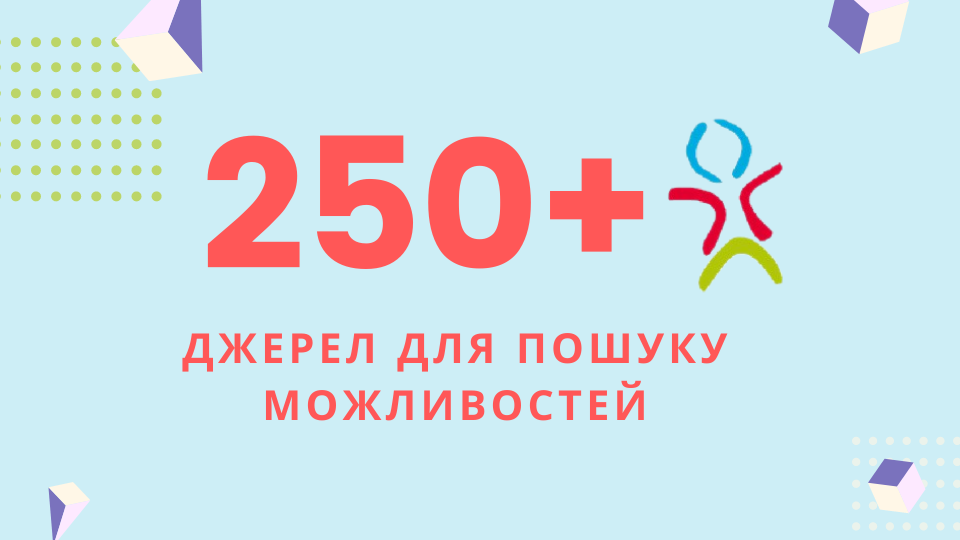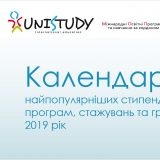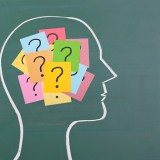Медіаграмотність та молодіжна робота: приєднайся до онлайн-дискусії
Назва: LIVE Q & A: Media and Information Literacy + Youth Work = ❤
Формат: E-learning
Коли: 29 October 2020 | Zoom, Estonia
Дедлайн: 27 жовтня, про відбір повідомлять 28 жовтня
Для кого: Youth workers, Trainers, Youth leaders, Youth project managers, Youth policy makers, Volunteering mentors, Youth coaches, Youth researchers, Teachers, parents, young people interested in media and critical thinking
Join the Live Q & A Session on Media and Iinformation Literacy (MIL) – Let’s Discuss!
29th of October 2020
15:00-16:15 CEST on Zoom (check your time zone!)
The Zoom link will be sent to registered and accepted participants on the 28th of October.
- Why should youth work do more for MIL education? What could we do?
- Youth work as the best multiplier for MIL? Examples and ideas?
- Inspirational examples and projects?
- Skills any youth worker needs to support critical thinking and MIL?
- Main challenges? Trends and how they can impact our work?
- What happens if we don’t invest in MIL skills? Connection to democratic life.
Speakers – ask away!
- Evaldas Rupkus is a project manager, trainer and author in fields of youth and Media and Information Literacy. He has been working for Lithuanian Youth Council LiJOT, Eurodesk Lithuania, Goethe Institute, ERYICA and International Youth Service of Germany IJAB. Evaldas has started his career as a radio host of youth programmes, later he has launched the youth information and counselling system in Lithuania. At the moment he works in the Media development Asia and Europe department of the Deutsche Welle Akademie. There he focuses on MIL topics like curricula development in countries like Mongolia, Moldova, Ukraine or the Baltics.
- Maia Klassen is a journalism major that spent her BA years researching information disorders within mainstream media in Estonia and will finish my MA thesis on strategic narratives about cybersecurity capabilities of Estonia and NATO in local media. Her field of research revealed early on that media literacy skills are a part of psychological self defense kit that everyone needs but not everyone has access to. She will spend the next few years trying to combine her experience in non-formal education with the competences in formal education to develop long-term solutions to improve digital competences in underserved communities.
- The Q & A session is facilitated by Meelika Hirmo. She’s a Coordinator at SALTO Participation and Information Resource Centre where her tasks are to develop activities on Media and Information Literacy and strategic communication. With more than 10 years of experience in Communication and activism, Meelika has been running a variety of local and international projects in the field of culture, environment, democracy and youth.
There is no participation without information!
What does this mean? Come join us and find out!
Why is this topic important for youth work?
EU Youth Strategy emphasises the need for equipping youth with digital skills and fostering critical thinking and media literacy. The strategy states that digital technologies have revolutionised young people’s lives in many ways and policies need to consider both opportunities and challenges, by tapping the potential of social media, equipping youth with digital skills and fostering critical thinking and media literacy.
Abiliity to find information and analyse and understand the diverse world of MIL are essential skills for the civic society. Also, skills to create information, work with the media and act based on reliable and evidence based information are important to ensure democratic participation.
Join us live to celebrate the Global Media and Information Literacy Week! #globalmilweek


